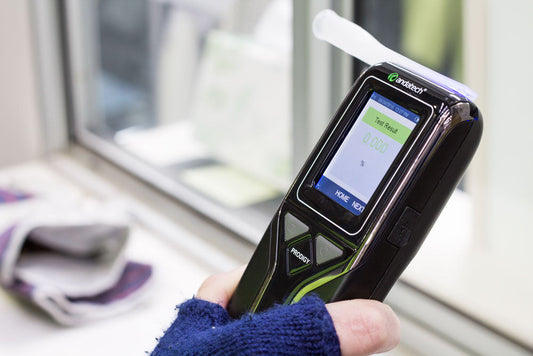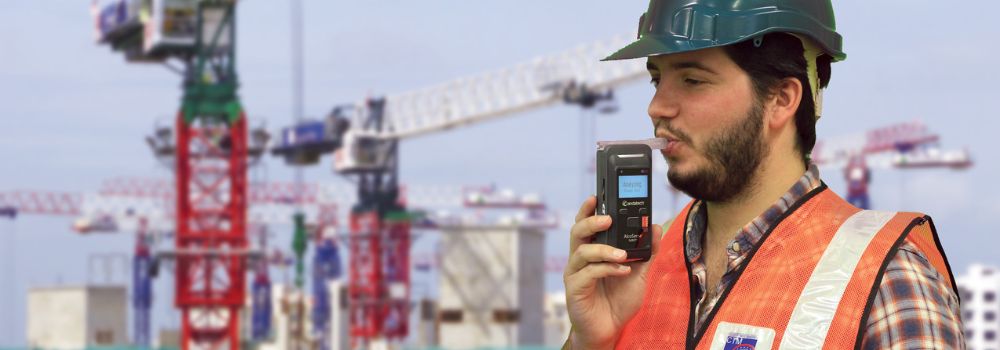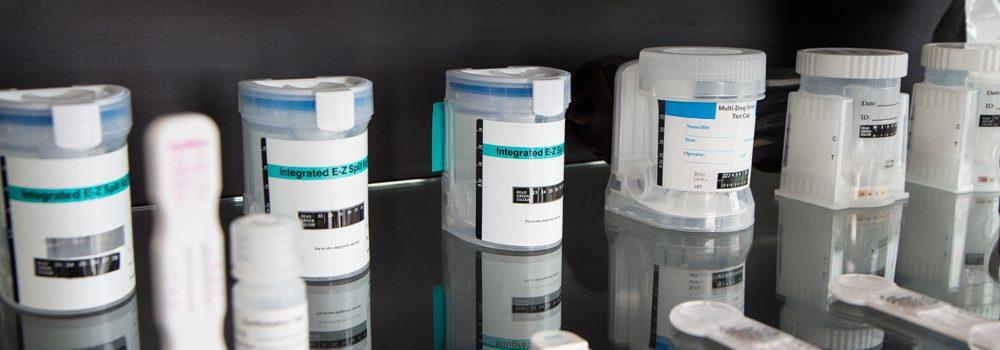Fentanyl is a synthetic opioid up to 100 times more potent than morphine, originally developed for medical pain relief. Although Malaysia hasn’t yet faced a full-blown fentanyl crisis, the warning signs are here: international drug syndicates are using our country as a transit route and potential target market—and the National Anti-Drugs Agency (AADK) now considers it a looming national threat.
What is fentanyl and how does it work?
- Used medically for cancer pain due to its extreme potency
- Even a few milligrams can be lethal
- Rapid onset within minutes; high potential for respiratory failure
Illicit fentanyl is often mixed with other drugs—like heroin, cocaine, or counterfeit pills—without users’ knowledge, dramatically increasing the risk of overdose and death.
How bad is the fentanyl crisis abroad?
Looking at the North American experience provides important context:
- In 2022, over 73,600 Americans died from fentanyl-related overdoses—compared to around 36,300 in 2019
- Synthetic opioids (mainly fentanyl) were involved in over 100,000 overdose deaths in 2023.
This demonstrate how quickly illicit fentanyl can escalate into a nationwide emergency—often before authorities fully comprehend the scope.
Is fentanyl already in Malaysia?
Officially, no confirmed fentanyl addiction cases in Malaysia—yet. But with major drug operations shifting into Southeast Asia, AADK is sounding the alarm.
They’ve introduced:
- Public awareness campaigns (especially for youth and students)
- Training for officers and healthcare staff on identifying and treating fentanyl cases
- New rehabilitation and overdose protocols in case usage begins locally
Why Malaysian workplaces should be paying attention
Recent reporting shows widespread drug abuse in Malaysian workplaces. Fentanyl complicates this further:
- Invisible risk: users often unaware they’ve ingested it
- Fatal overdose can occur without warning—even at low doses
- In high-risk industries (e.g., transport, manufacturing), an undetected overdose could have catastrophic results
Now is the time for employers to act before it becomes a workplace or public health crisis.
What can employers do?
- Build a robust drug and alcohol policy, tailored for Malaysia’s context
- Train staff to recognise the symptoms of opioid overdose—slurred speech, slow breathing, pinpoint pupils
- Offer early intervention—encourage confidential disclosures and wellness support
- Ensure naloxone availability where possible
- Regular screening for at-risk or safety-critical roles—aligned with local laws.
Employers can access proven drug testing frameworks, such as those detailed in Andatech Malaysia’s guide on implementing testing systems.
How to implement drug and alcohol testing in Malaysian workplaces.
The role of drug testing in fentanyl prevention
Sensitive and reliable drug tests are critical—but only as part of a broader culture of responsibility. Employers should:
- Use drug test kits capable of detecting other drugs to identify individuals at higher risk of falling prey to fentanyl
- Pair testing with supportive structures like EAPs and counselling
- View testing as a safety measure, not a punitive tool
Plug: Andatech offers a range of certified drug testing kits ideal for workplaces gearing up.
Don't wait for a crisis
Fentanyl hasn’t yet hit Malaysian shores hard—but the risk is real. By educating themselves and adopting the right tools today, Malaysian workplaces can prevent tragedies before they happen.
If you'd like help setting up drug testing protocols that include fentanyl detection and support employee wellbeing, reach out to the Andatech Malaysia team today.
Disclaimer: The information provided in this article is for general reference only. Please seek advice from professionals according to your business’s needs.
Written by Andatech Malaysia









